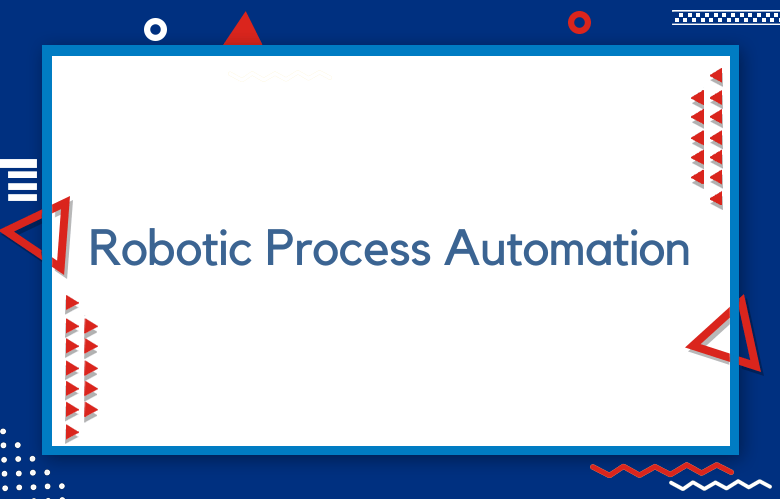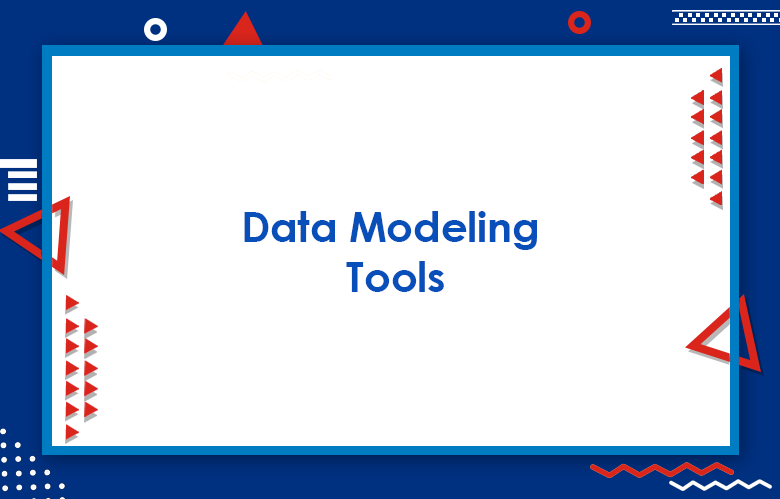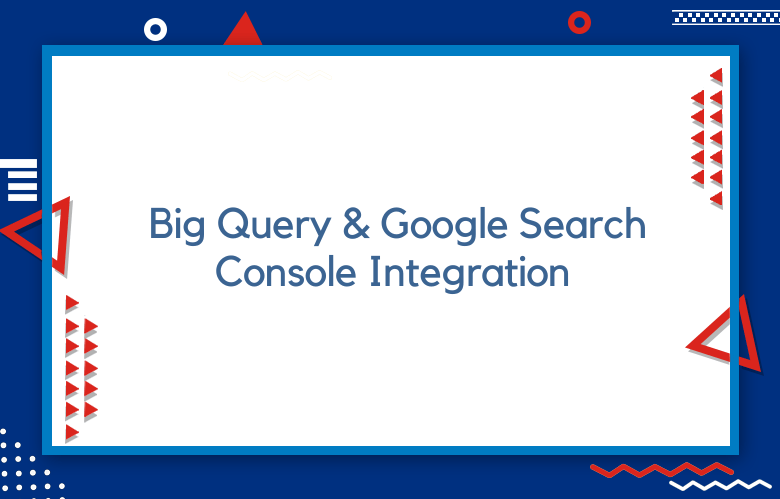Robotic Process Automation (RPA) for Marketing

Automation is changing how things are done, and marketing is no exception. Robotic Process Automation (RPA) for marketing is becoming increasingly popular among businesses globally, as it promises to streamline and accelerate marketing processes. But what does RPA entail in marketing?
How can businesses take advantage of it? How can marketers stay ahead of the competition? Explore the use of RPA in marketing and what the future holds for companies that embrace it.
What is RPA Robotic Process Automation for Marketing?
Robotic Process Automation is a technology that performs routine and repetitive tasks that humans usually do.
RPA automates marketing tasks such as data entry, lead nurturing, email marketing, social media posting, and more. It reduces errors, saves time, and enhances productivity.
How Robotic Process Automation Works in Marketing
RPA involves the use of bots to automate tasks. These bots use machine learning algorithms to perform tasks humans would otherwise do.
For instance, RPA bots can be set up to perform tasks like social media posting, lead nurturing, data entry, and more. Once the bots are set up, they continuously perform these tasks, thus reducing the marketing team’s workload.
The Future of Robotic Process Automation in Marketing
The future of RPA in marketing is bright. As businesses embrace digital transformation, RPA is expected to become more popular. It is estimated that by 2024, the RPA market size will reach $11.3 billion.
Moreover, RPA is expected to become more intelligent, allowing businesses to deliver more personalized marketing campaigns. As RPA becomes more widespread, non-technical staff can automate tasks, thus reducing the burden on IT.
Robotic Process Automation (RPA) for Marketing: Streamline Your Operations and Boost Your Bottom Line
In today’s fast-paced digital world, businesses must be more agile than ever. Efficiency is critical in marketing.
That’s where Robotic Process Automation (RPA) comes in: a cutting-edge technology that automates repetitive and time-consuming tasks, freeing up your team to focus on strategy and creative work.
We’ll explore the benefits of RPA for marketing, including increased productivity, reduced errors, and improved ROI.
Automating Your Marketing with Robotic Process Automation
Marketing is one of the crucial aspects of any business, and with the ever-increasing competition, it has become even more challenging.
Robotic Process Automation (RPA) can help make marketing tasks much easier and more efficient, allowing businesses to save time and resources. We will discuss what RPA is, how it works, and how it can be used in marketing processes.
The Power of Robotic Process Automation (RPA) in Marketing
Marketing is a critical factor for the growth and success of any business in today’s competitive market.
It involves many tedious and time-consuming processes, such as data entry, lead generation, and social media management, that require much attention and effort.
Hence, companies are turning to Robotic Process Automation (RPA) – a technology that uses bots to automate routine tasks – to streamline their marketing efforts and boost productivity.
We will explore the benefits of RPA for marketing and how it can transform how marketers run their campaigns.
Understanding Robotic Process Automation (RPA) for Marketing
In today’s fast-paced business environment, marketing has become more complex and has several challenges.
One of the main challenges is staying ahead of the competition, as companies strive to improve their products and services while enhancing customer experience.
One way to achieve this is by harnessing the power of Robotic Process Automation (RPA) to streamline marketing operations efficiently and cost-effectively. We will dive into RPA and its benefits for marketing teams.
Advantages of using RPA in Marketing
RPA technology can benefit your marketing efforts in several ways, including:
- Providing personalized customer experiences
- Automating repetitive tasks to save time
- Reducing errors and improving accuracy
- Improving efficiency through automation
- Enabling better resource allocation
- Eliminating redundancies and enhancing quality
Successful use cases of RPA in Marketing.
Several companies have successfully implemented RPA in their marketing operations. An excellent example is a leading global airline that leveraged RPA to capture insights into customer sentiment.
By automating social media monitoring, the airline gained real-time insights into customer feedback, helping identify improvement areas and address customers’ concerns quickly.
Other companies have used RPA to optimize their email marketing campaigns with better segmentation, personalization, and scheduling, leading to improved ROI.
Things to Consider Before Implementing RPA
Before implementing RPA in your marketing operations, it is essential to consider the following:
- The functionality of your marketing process and the benefits that RPA can bring
- The impact on your workforce and how they will adapt to the technology
- The time required to design, develop, and test RPA bots
- Identifying the processes that are suitable for RPA and the right vendors to work with
Benefits of RPA for Marketing
Businesses can benefit from RPA in multiple ways. Firstly, RPA eliminates the need for manual data entry, saving time and reducing errors.
Secondly, RPA enhances the customer experience by providing personalized marketing campaigns that generate higher engagement.
Thirdly, RPA increases productivity and efficiency by automating routine and mundane tasks, allowing marketers to focus on more critical tasks like strategy and analysis.
Lastly, RPA helps businesses to stay ahead of the competition by delivering faster and more efficient marketing campaigns.
Using RPA in marketing can bring about a wide range of benefits. Here are just a few ways that RPA can transform your marketing activities:
Increases efficiency
RPA can complete repetitive tasks quickly and accurately, freeing up your time to work on more complex tasks.
Improves accuracy
With RPA, you can ensure that your data is always accurate and up-to-date, thus reducing errors and improving overall quality.
Lowers costs
By automating tasks, you can reduce labor costs and save on resources.
Fast implementation
RPA can be implemented quickly and requires minimal IT support.
Conclusion
Robotic Process Automation for marketing promises to revolutionize the marketing industry. It streamlines and automates tasks, saving time and increasing productivity.
Using RPA, businesses can create personalized and efficient marketing campaigns that enhance the customer experience.
Its future is bright, and as marketers look for innovative ways to remain competitive, RPA for marketing will become indispensable. Are you ready to join the RPA bandwagon? It’s time to embrace automation and give your marketing team a competitive edge.
Call: +91 9848321284
Email: [email protected]



